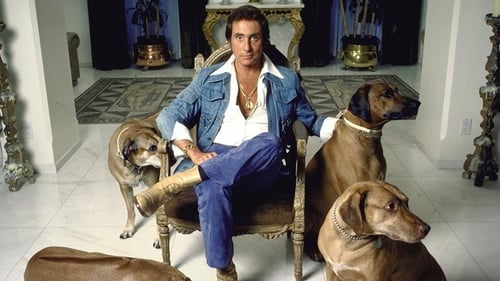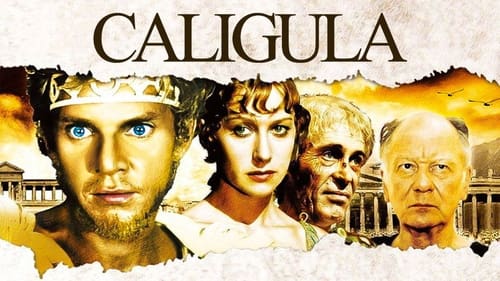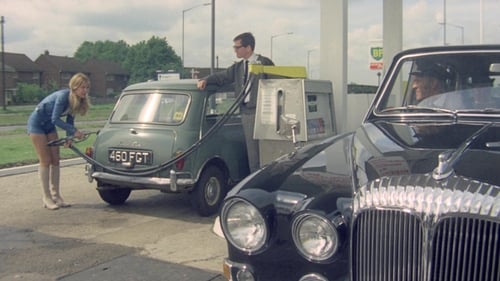Bob Guccione
Birth : 1930-12-17, Brooklyn, New York, USA
Death : 2010-10-20
History
Robert Charles Joseph Edward Sabatini Guccione (December 17, 1930 – October 20, 2010) was an American photographer and the founder of the adult magazine Penthouse in 1965. This was aimed at competing with Hugh Hefner's Playboy, but with more extreme erotic content, a special style of soft-focus photography, and in-depth reporting of government corruption scandals. By 1982 Guccione was listed in the Forbes 400 wealth list, and owned one of the biggest mansions in Manhattan. But he made some extravagant investments that failed, and the growth of free online pornography in the 1990s greatly diminished his market. In 2003, Guccione's publishers declared bankruptcy and he resigned as chairman.
In 2013, documentary filmmaker Barry Avrich produced and directed a biography on Guccione entitled Filthy Gorgeous: The Bob Guccione Story. The film had its world premiere at the Toronto Film Festival prior to airing on Epix and HBO. The film was independently produced by Melbar Entertainment Group. From Wikipedia, the free encyclopedia



